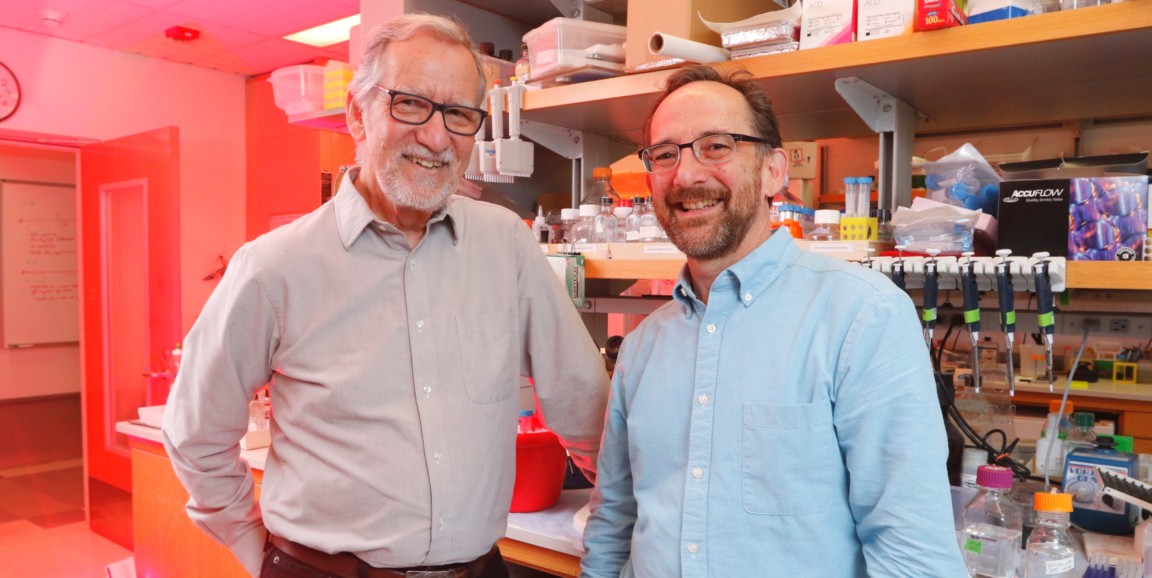When Stanford professor James Spudich, PhD, was diagnosed with lung cancer last fall, he turned to his close friend and long-time colleague Mark Krasnow, PhD – not for emotional support, necessarily, but instead to make an unusual offer. Would Krasnow, an expert in lung development, be interested in studying any of Spudich's diseased lung tissue? The answer was a resounding 'Yes.'
There was just one catch, however. Spudich's surgery was scheduled for the next morning – an impossibly tight timeline in which to launch the first-in-human study like the one that Krasnow had been envisioning before learning of his friend's illness. But it was worth a try, he decided. The events that unfolded next were pretty astounding.
As I describe in a recent Inside Stanford Medicine article:
Within moments, the researchers had initiated a remarkable series of events that would, over the next 16 hours, lead to the beginning of what will likely be the world’s largest study of healthy and diseased human lung tissue. Dubbed the “lungome,” the effort has brought together researchers and clinicians from throughout the Beckman Center, Stanford Bio-X and the Biohub to perform a kind of unprecedented molecular poking and prodding of Spudich’s lung tissue — analyzing gene expression profiles, signaling pathways, cellular architecture and immune responses — to identify for the first time exactly what goes wrong when lung cells become cancerous.
The study, which Spudich refers to as Project Lung, isn't expected to help Spudich specifically (his prognosis is good because his cancer was caught early). But it still packed a personal punch.
As Krasnow described:
This was an amazing scientific opportunity that came much earlier than expected. But, of course, there was also the realization that we were talking about our beloved colleague, mentor and friend. When that person is right in front of you, and with you, it gives this effort an urgency and a poignancy that brings science and medicine together in such a beautiful and powerful way.
People who know him well won't be surprised to hear that Spudich is unabashedly enthusiastic about the endeavor and its potential to lead to new methods of diagnosis and treatment for lung cancer patients around the world. As he told me:
There’s no place else in the universe where the biology, the biophysics and the technology — everything that we can muster to throw at these tissues — exists that will allow us to really understand the lung in unprecedented molecular detail. What is going to emerge is an understanding about lung biology at a level of depth no one has previously imagined. And it’s kind of special that this is my lung.
Photo of James Spudich (left) and Mark Krasnow by Paul Sakuma




